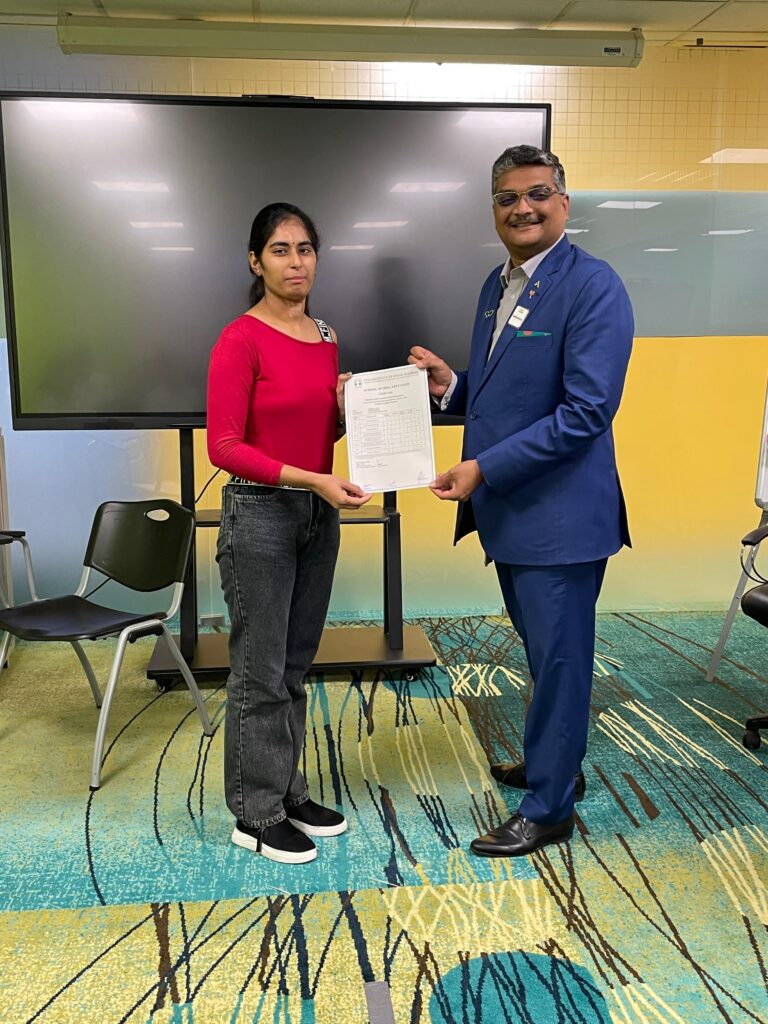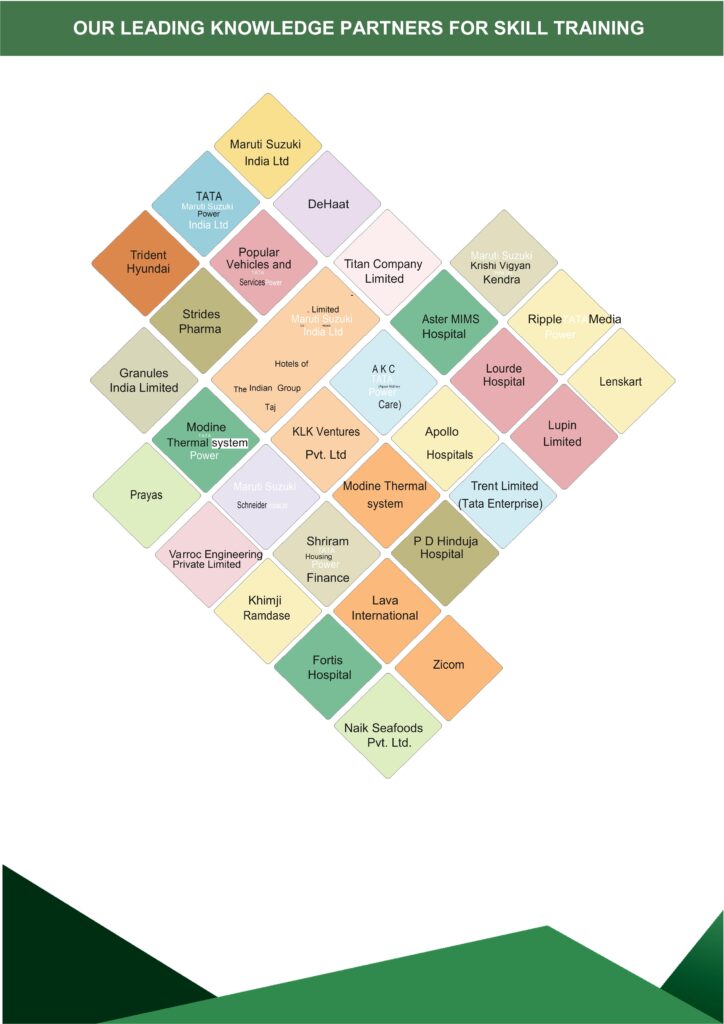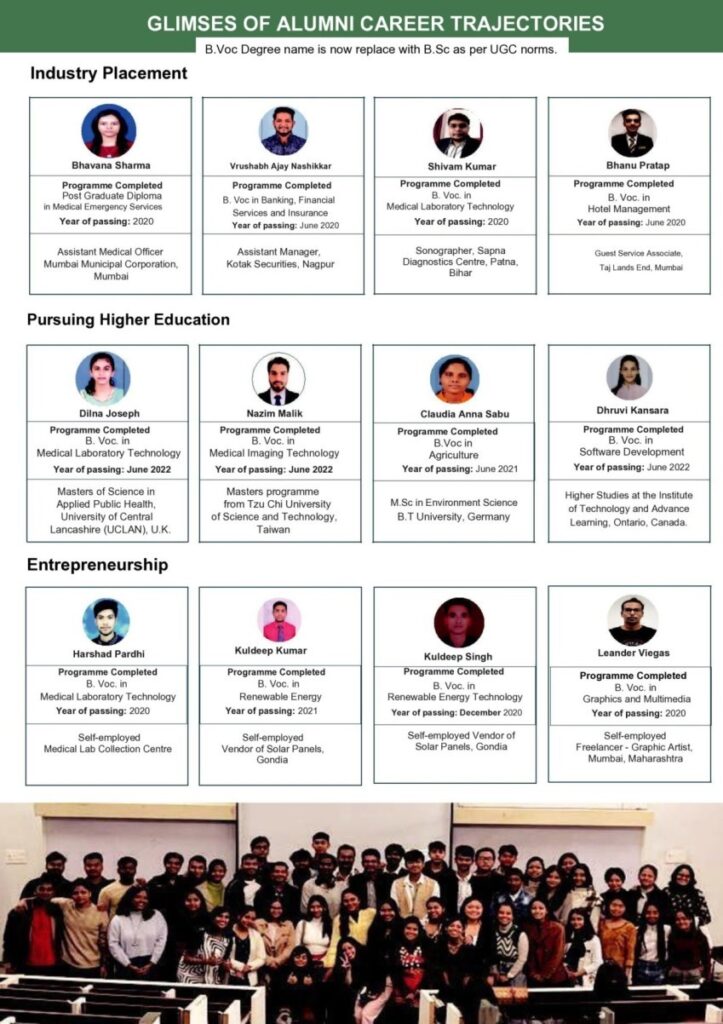
Welcome Industry Leaders
We the CMiT, an academic facilitator to School of Skill Education – Tata Institute of Social Sciences, Mumbai extend a warm invitation to explore collaborative opportunities that will foster mutual growth and benefit both our institutions. We believe that a strong partnership between industry and academia is crucial for upgrading qualifications, staying abreast of evolving industry trends, and ultimately, enhancing performance outcomes. In today's dynamic landscape, the challenge of attrition looms large. We propose that a knowledgeable workforce, equipped with continuous learning opportunities while on the job, will be significantly more motivated and engaged.
Invite industry leaders for university collaboration to introduce work embedded education to their workforce. We ensure that the skill oriented short-term and long-term Bachelors Degree training programs are aligned with the industry for its advantage by keeping all the regulatory standards in mind.
Upgrade Qualifications
Tailor academic programs and training modules to directly address the specific needs and skill gaps within your industry.
Stay Ahead of Industry Trends
Lorem ipsum dolor sit amet, consectetur adipiscing elit. Ut elit tellus, luctus nec ullamcorper mattis, pulvinar dapibus leo.
Improve Performance Outcomes
. The on-the-job training (OJT) centric education at bachelor’s degree level is conducted at the real shop floor of the booming industries and companies of the skill sector.
All the SSE-TISS offered programs are UGC/ Govt. of India approved. After completion of this degree, one can apply for master’s studies. Students get multi entry multi exit certificates after each year.
The students will work for 5 Days in a week at the industry work place in Rotating shifts totally under the control of plant staff to acquire WORKING HANDS-ON SKILLS under various domains such as PRODUCTION , QC , LOGISTICS , DESIGNS , LABS , MAINTENANCE , OTHER SERVICES etc .,

Improve Performance Outcomes
Implement collaborative projects that provide real-world experience for students and offer practical solutions to industry challenges.
Curriculum Development and Enhancement
- Internship and Apprenticeship Programs
- Faculty and Industry Expert Exchanges
- Workshops and Seminars
WORKSHOPS
Need based talent improvement skill-oriented workshop are organized time and again by industry experienced qualified trainers or senior professionals.
Junior and Middle lavel workforce:
This group is often the engine of the organization, responsible for translating strategic plans into actionable tasks and day-to-day operations. Their contributions directly impact productivity, efficiency, and overall output.
Empathy and Emotional Intelligence by Seniors:
empathy is crucial. Senior leaders who understand and value the perspectives of their team members can build stronger relationships, foster a more collaborative environment, and improve morale. Empathetic leaders create a safe and supportive environment.

Well-structured approach to addressing workforce development and attrition.
Work-Integrated Education for Existing Workforce::: This is crucial for upskilling and reskilling, keeping the current workforce relevant in a rapidly changing job market. It fosters loyalty and reduces attrition by showing investment in employees' growth. It can be tailored to specific organizational needs, ensuring skills are directly applicable. Cost-Effective Fresh Talent Acquisition:::: The six-month certificate program acts as an extended interview, allowing organizations to assess candidates' work ethic, learning ability, and fit an Interns provide a stipend to lower-cost way to evaluate potential. The initial six-month program can focus on essential skills required for the industry, ensuring interns have a solid foundation. Extend the 2.5-years further to complete 3 years bachelor's degree pathway creates a pipeline of highly skilled and loyal employees. Attrition Mitigation::: By nurturing talent from the ground up, organizations build a strong employer-employee relationship, reducing the likelihood of attrition.

Hetero Pharma Lab
MSN Labs
Hotel Novotel. Hyd

